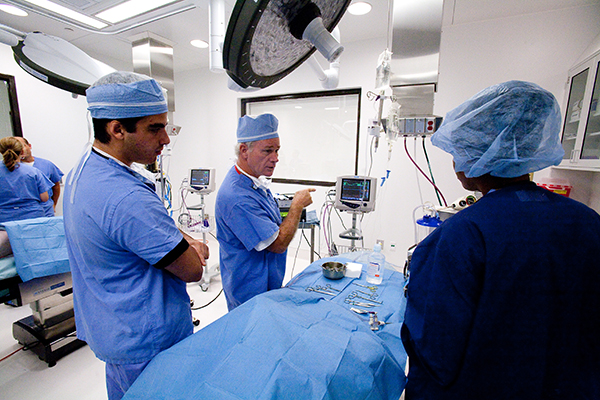Why GCMI for preclinical testing and bioskills training? Our scientific acumen.
At GCMI and our preclinical testing arm T3 Labs, we take great pride in our scientific acumen. After all, the organization was conceived and designed by translational researchers for medical product developers. Thirst for science: it’s in our DNA. We won’t turn your project away because it’s too hard, or because we haven’t done…








